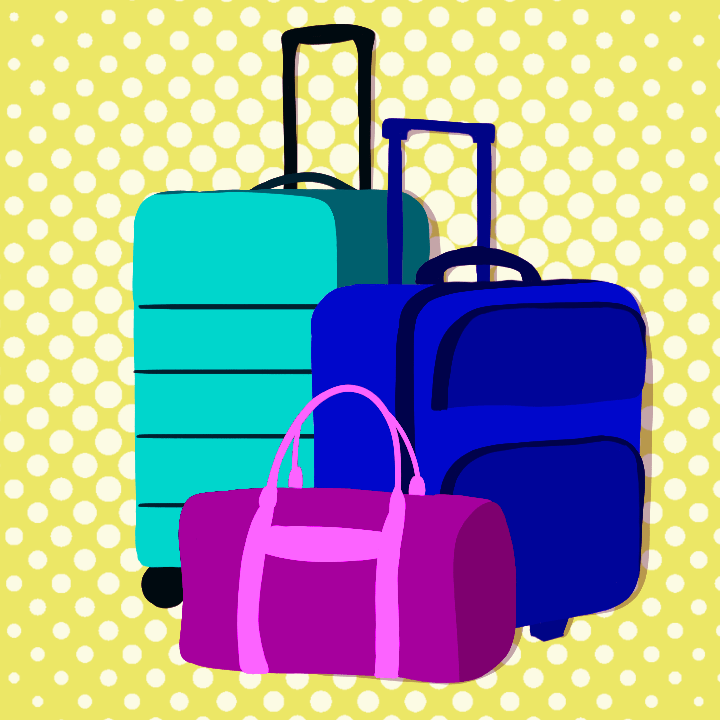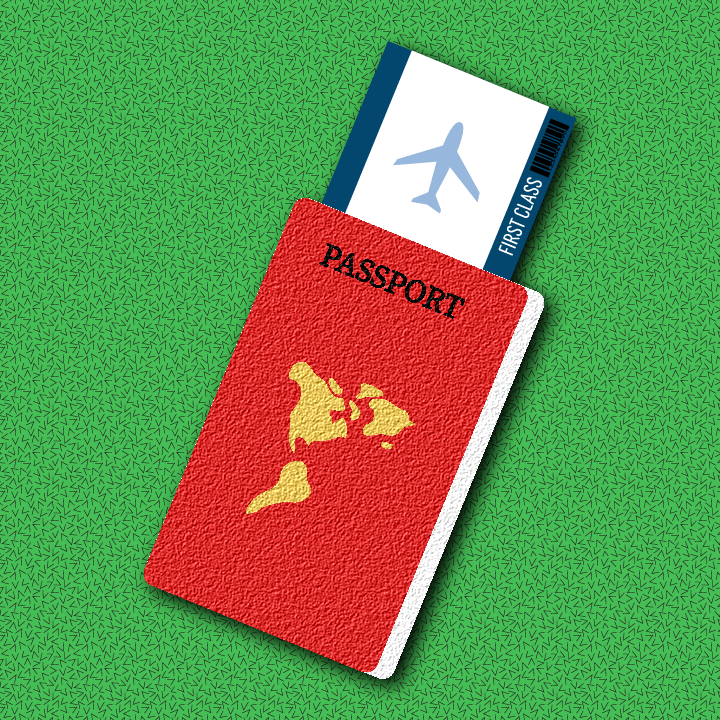The travel and hospitality sectors are in the midst of a massive technological transformation that will affect how you book travel and stay at hotels moving forward. Tech savvy customers will come to expect the convenience that artificial intelligence brings. This vision is what I like to call ‘high-tech automation with high-touch personalization and customization.’ […]








